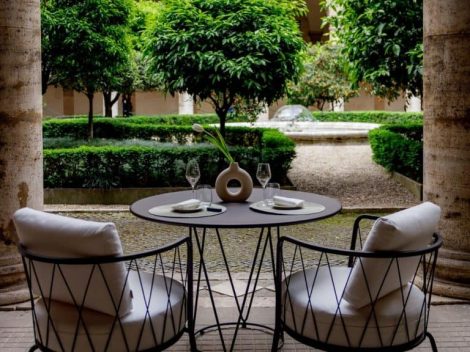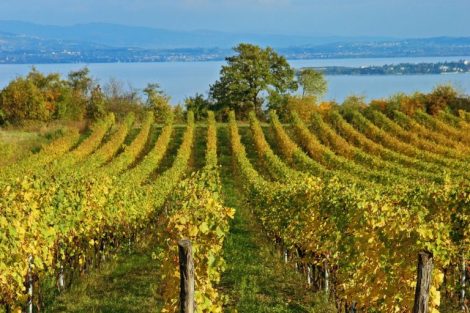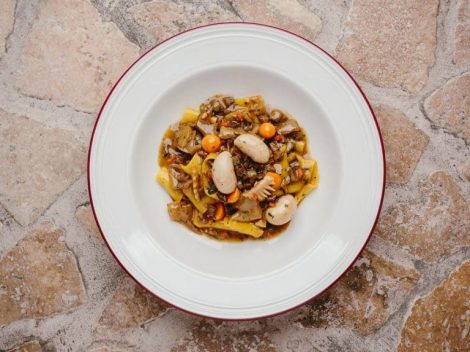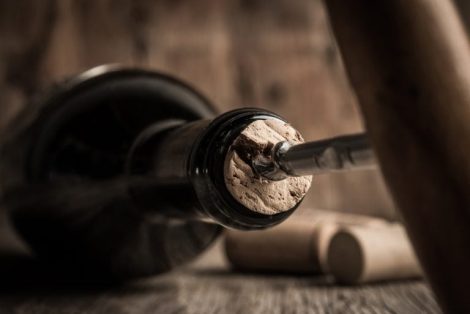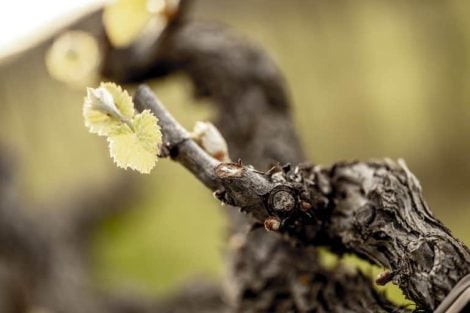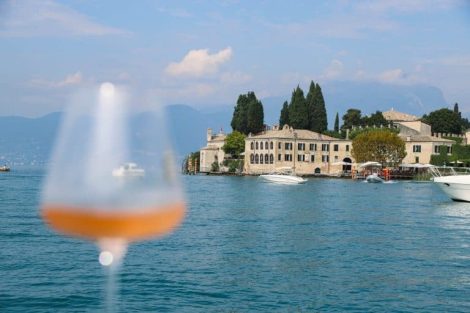Knock, knock, knock. The fly won’t give up. It keeps hitting the glass door, oblivious—or maybe it understands and just doesn’t care. I’ve been watching it for a while now, long enough to drown out the sounds of the dining room: the laughter, the cries of a newborn at the table next to mine. Trattoria A Casa Di Rita is always full. Rita weaves between the tables, her shadow never quite fixed to the ground. It’s hard to tell whether the body follows the shadow or the shadow follows the body. Everyone calls her, and she answers them all. She answers rudely—but rudely in the way Romans do, in a way that doesn’t seem rude at all, a way that sounds like a game.
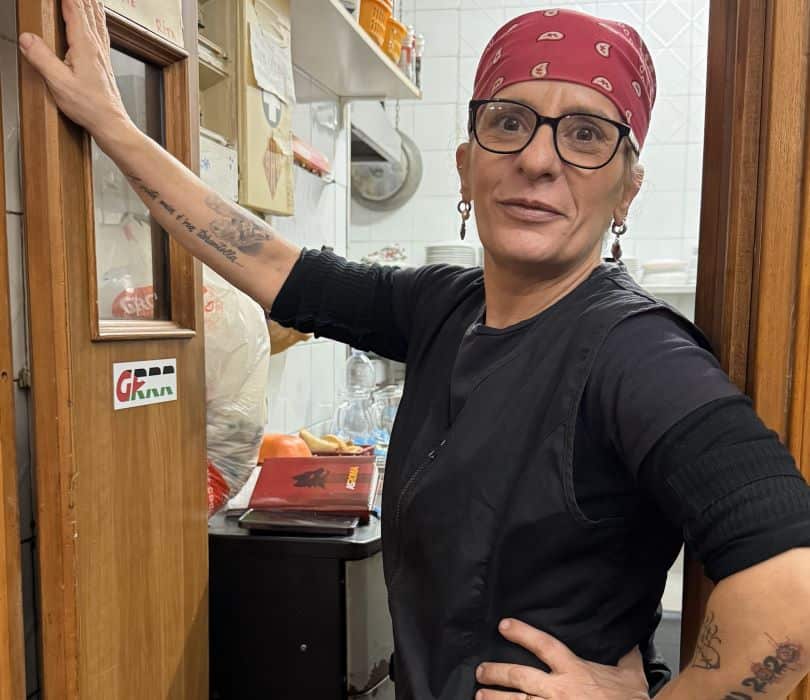
Rita
Rita’s Trattoria
"Oi Rita, got any carbonara?" I say.
"Of course, love! And if you fancy some real food, let me know—I’ll make you a proper first course!" she replies.
The room is tiny, maybe fifteen seats, and the one next to it is even smaller. But the tables are always full. And they never empty. It’s as if anyone who steps inside is destined to stay. Plates heaped with pasta, bowls of tripe, roasted chicken legs, crispy potatoes—they flow between the tables like a river. And Rita is the ferryman, grabbing pitchers of wine, setting down trays, asking how you are. And everyone is always doing well.
I glance back at the fly; it’s still battering against the glass. A child dashes past me, his mother chasing after him, apologising to everyone. I’m doing well too. My pappardelle with broccoli, cherry tomatoes, and salted ricotta arrive, steaming. I still have some tagliolini with mint and pecorino on my plate.
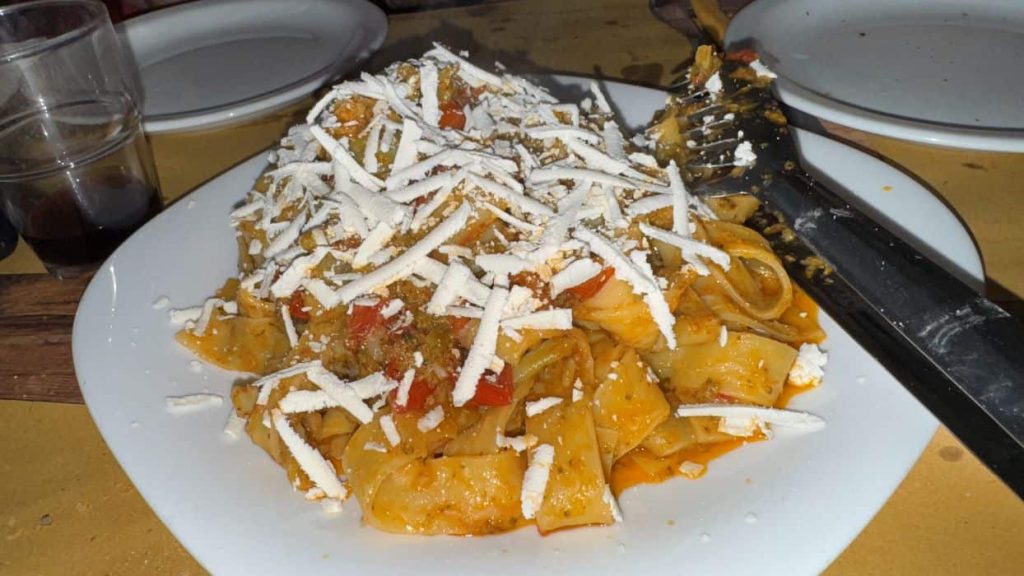
I lift my gaze to Rita’s face with the same devotion as a blind man opening his eyes to Christ. She is beautiful—beautiful like opening your front door after a long journey. She speaks quickly, gestures wildly, smells of mandarin peels drying on a radiator and of the green that lingers on your hands after working in the garden.
I finish the pappardelle, and suddenly there’s coratella, Swiss chard, meatballs, more wine, more bread. And the trattoria slowly empties—not completely, not all at once, but hesitantly, with a sigh. Someone stumbles past the door, a man swipes his wife’s empty plate to mop up the sauce from the chicken, and the child from earlier has tripped over Aurora, Rita’s daughter. His reward: an aubergine croquette and a playful pinch on the cheek.
Slowly, the evening winds down, and people leave. Rita’s pace slows, her movements soft and tired.
A friendship with Anthony Bourdain
For every table that empties, Rita lingers a little longer at the next one—pouring wine, joking, asking about mutual friends. And when all the tables, except for the one in the back where the men are still playing tresette, have finally cleared, Rita sits down beside me.
The blonde strand that has escaped from her ever-present red bandana is damp with sweat. She wears thick black glasses that make her eyes even bigger, even more dangerous. She uses them to read you. It’s strange to see her still—the photograph of a hummingbird in flight, its wings frozen.
She sinks into the chair and, while pouring me another glass, lifts a finger towards the wall.
In a small, crooked frame, Anthony Bourdain—the world-famous TV chef, the global star, the adventurous writer—is slumped in a chair, fast asleep, mouth open, shirt rumpled. Next to it, another photo, more composed: Bourdain and Rita, arms around each other, smiling at the camera.
"I could feel his melancholy, you know, Lorè?" she says. "Some people take their sadness out for a walk—if you train it well enough, it becomes gentle, lets you put a leash on it. But it still stays inside you, wandering around, waiting."
I still haven’t fully processed it—Anthony Bourdain, having dinner on Togliatti, with Rita constantly refilling his plate with pappardelle. I can’t quite grasp how these two cooks—man and woman, born so far apart, having lived even further apart—became friends.
Anthony Bourdain and Rita.
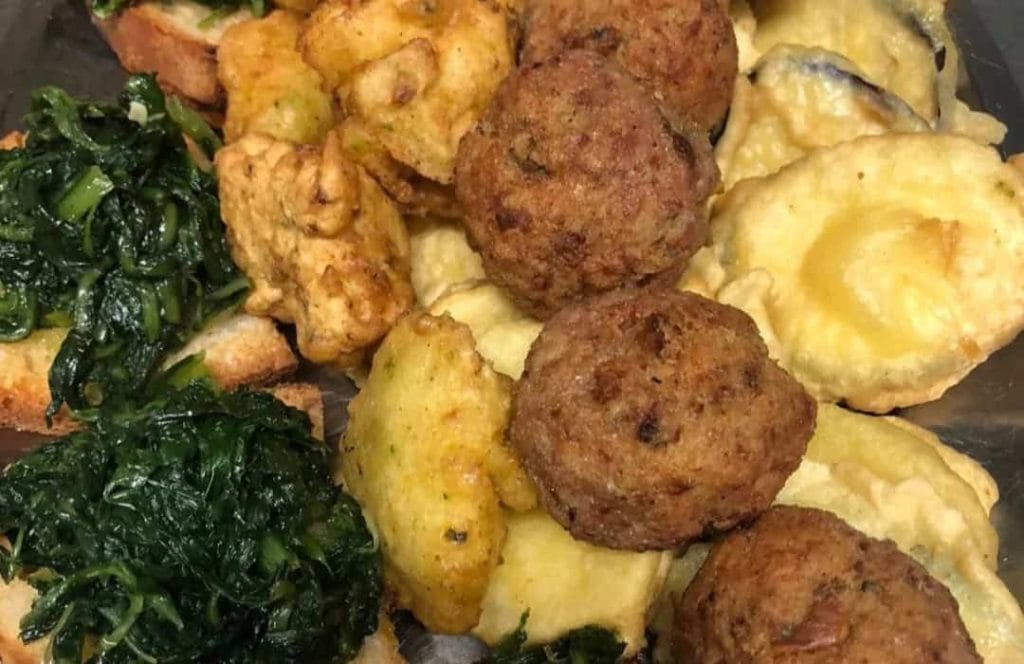
The last piece of bread in the sauce
I still don’t get it. I dip my last piece of bread into the sauce and finish my wine.
Outside the glass door, there’s the darkness of Centocelle, or maybe it’s Alessandrino—here, the neighbourhoods blur together, houses piled on top of each other, just like the lives of the people who live in them. Balconies become embassies, lifts turn into platforms for political speeches, and out in the streets, the lost and the defeated take turns passing through—some on the brink of the greatest journey of their lives, some heading out for a night on the town, some going to work in the bakeries of Tor Sapienza, Quadraro, Tuscolano. Everything blends together until no one can say who is who anymore, until you start to doubt others as much as yourself.
Anthony Bourdain and Rita.
I still don’t get it.
I look for the fly, but it’s gone.
It must have found its way out.


 The 11 best value for money Sauvignon wines from Friuli Venezia Giulia selected by Gambero Rosso
The 11 best value for money Sauvignon wines from Friuli Venezia Giulia selected by Gambero Rosso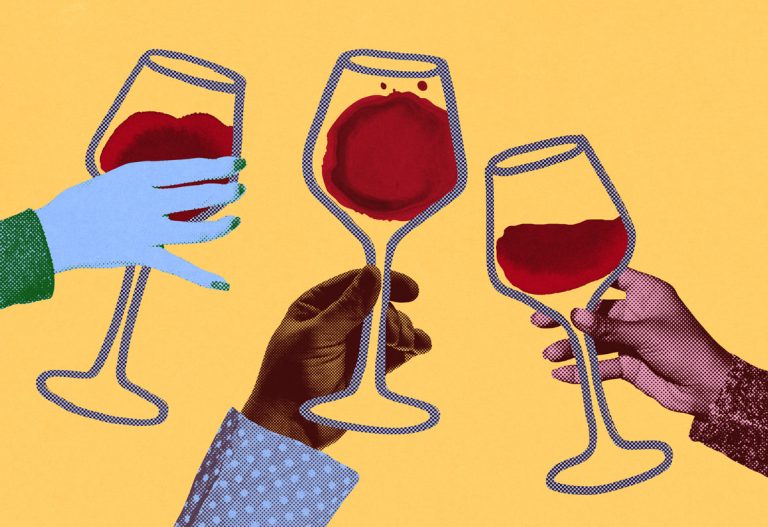 Armando Castagno's advice against the wine crisis: "Pop and mainstream communication, more aesthetics and no tricks"
Armando Castagno's advice against the wine crisis: "Pop and mainstream communication, more aesthetics and no tricks" The glossary for learning how to describe wine (and its world)
The glossary for learning how to describe wine (and its world)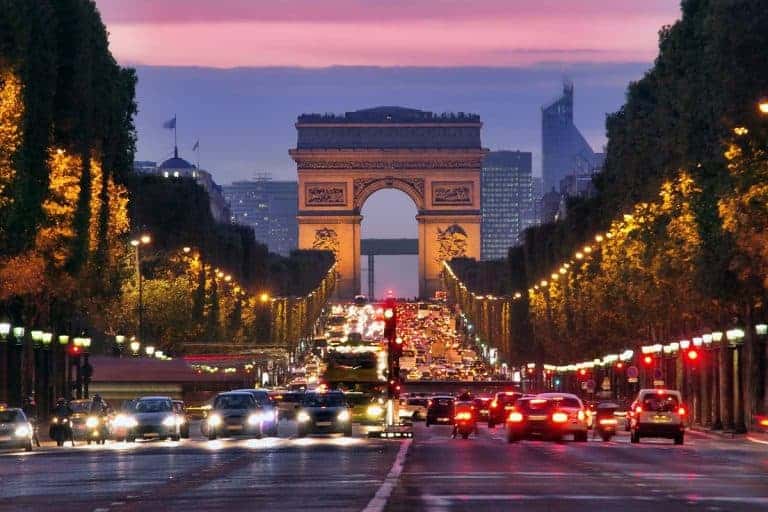 Where to drink well in Paris: the 5 best Italian Wine Bars chosen by Gambero Rosso
Where to drink well in Paris: the 5 best Italian Wine Bars chosen by Gambero Rosso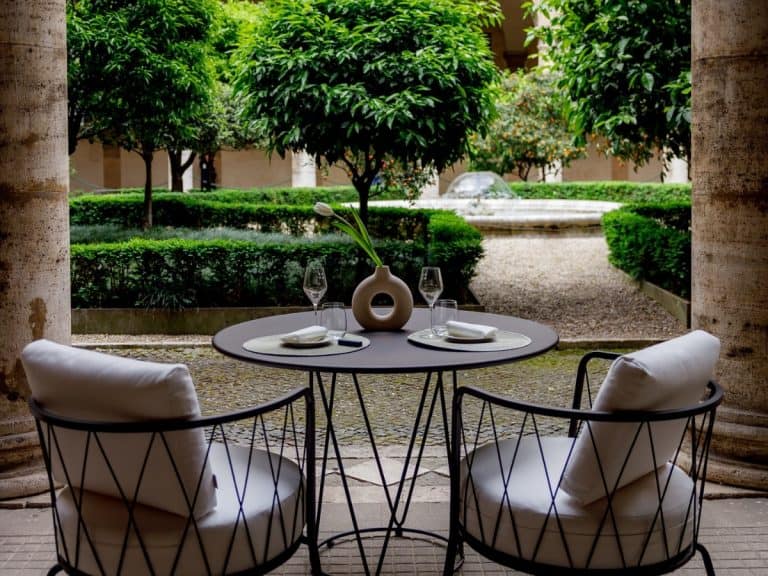 Guide to Rome’s cafés and bistros hidden in historic and beautiful locations
Guide to Rome’s cafés and bistros hidden in historic and beautiful locations